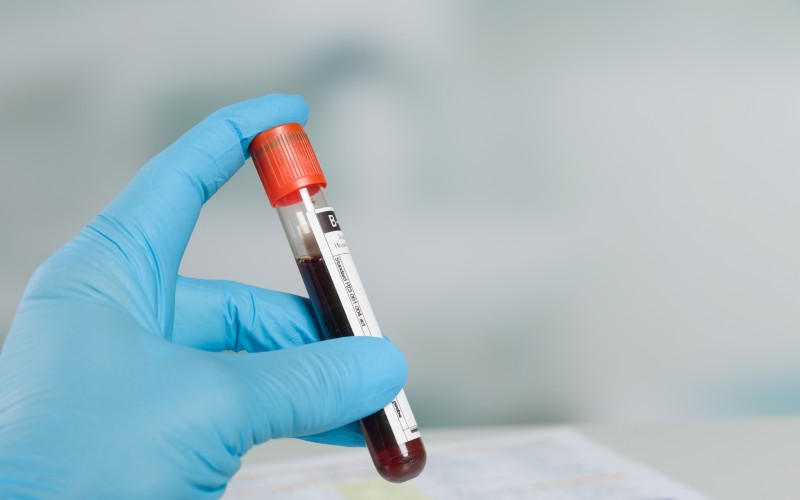
The UK is on the brink of implementing a critical initiative – the Infected Blood Compensation Authority (ICBA) Scheme. This aims to provide compensation to the victims of one of the worst healthcare scandals in the nation’s history. My colleague Gary Mannion previously provided comment on this: Thorntons welcomes infected blood compensation proposals and urges those affected to seek legal advice.
Background of the Infected Blood Scandal
The infected blood scandal spans from the 1970s to the 1990s. During that period, tens of thousands of individuals received contaminated blood products. Those products were contaminated with HIV, Hepatitis B and Hepatitis C, causing a national health crisis with devastating consequences for victims and their families. They have tirelessly campaigned for justice, acknowledgment, apology, and compensation for decades.
Establishment, Structure and Implementation
Following the recent passing of the Victims and Prisoners Bill, the government must make regulations establishing a body to administer the scheme by 24 August 2024. All going well, it will remain a top priority for Sir Keir’s Starmer’s new government.
That body is now confirmed to be the ICBA and will initially be chaired by Barrister, Sir Robert Francis on an interim basis. The establishment of the ICBA marks a significant milestone in the battle to secure justice for those affected. The ICBA is an independent body, separate from government. Its primary mandate is to publish the scheme and process claims efficiently, whilst maintaining a victim-focussed approach.
Key aspects of the scheme include:
- Eligibility Criteria: The scheme will cover individuals who were directly and indirectly infected. Provision is being made to compensate “affected persons”, including spouses, partners, children, parents, siblings and carers. Full details on the specific criteria will follow the publication of the scheme.
- Compensation Framework: amounts will vary based on the type, duration, severity and impact of the infection. At first glance, the sliding scale of awards available are substantial, reflecting the severity of the harm done.
- Application Process: A streamlined application process is being developed and should hopefully avoid the lengthy delays experienced with other schemes.
- Timelines: The government is committed to ensuring that the process is efficient. Clear timelines for application processing and payment will be set to prevent further distress.
Deadlines
- For people diagnosed with an eligible infection before 1 April 2025, the Scheme will remain open to applications for 6 years, until 31 March 2031.
- For people diagnosed after 1 April 2025, the Scheme will remain open to applications for 6 years from the person’s date of diagnosis.
Interim Awards
Interim payments are available now for:
- People who contracted hepatitis C and/or HIV from NHS blood or blood products before September 1991
- Married, civil or long-term partners after the death of someone who received infected blood.
We have however been advised by the Scotland Infected Blood Support Scheme that the interim payment process for interim awards to estates following the death of a victim, is still being finalised.
Impact and Significance
The launch of the ICBA is more than a financial remedy. For the victims and their families, this scheme represents a significant step. It is a profound acknowledgment of the failings of the past. It symbolizes a commitment to righting those wrongs and provides a framework for justice and reparation. As the scheme unfolds, it will serve as a testament to the resilience of those who fought for it and as a reminder of the importance of accountability in public health.
The success of the scheme will ultimately be measured by its execution. The government and the ICBA must ensure that the process is conducted with the utmost sensitivity, efficiency, and fairness. It is the very least the victims of the scandal deserve.
Our Part
We already have several instructions from those impacted by the scandal ahead of the scheme’s publication. Victims and their families should seek legal advice to ensure they get what they are entitled to under the scheme. Accepting an award doesn’t exclude further litigation and some who are deemed ineligible for an award under the scheme may still be able to claim through the courts. We can ease the burden on those who have already suffered by undertaking the process on their behalf.
If you, or anyone you know, is affected by the scandal, please do not hesitate to contact our Personal Injury team for a no-obligation discussion. Call us today on 0800 731 8434.
